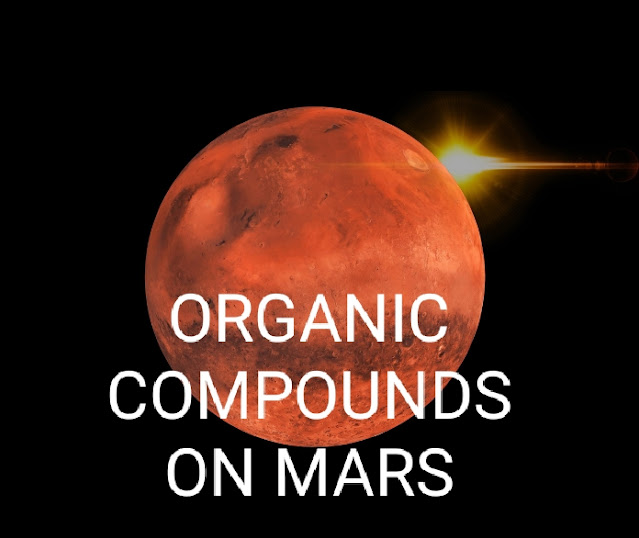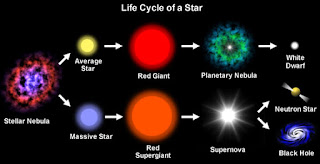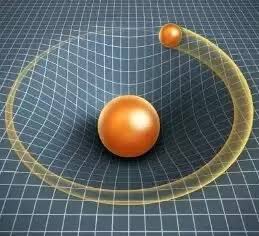NASA FOUND SALT TRACES ON MARS...
Recently, after the testing of the samples brought from the Red Planet (Mars), NASA said that there are some possibilities of organic salt present on Mars. After this research of NASA our understanding of Mars's surface will improve. Also this will help in finding life forms in Mars as well as on different Planets. In an interview NASA said that organic compound and salt traces on Mars could be a mark of geographical processes or bacterias, like that of found by the Curiosity Rover.
The scientist focused on six meteorites from Mars that serve as examples of volcanic rocks there, collecting samples about one-quarter of a gram from each – a little bigger than a one-carat diamond. All the samples were taken from the interiors of the meteorites, to avoid terrestrial contamination. The researchers found that all six released methane and other gases when crushed, probably from small pockets inside.
Salts Could Be Made from Geological Processes.....
According to one research, the iron, calcium and magnesium oxalate and acetate affected by radiation and oxidation together can combine to mix up with the organic salts. These salts could be made from Geological Processes or these are the remains of micro organisms.
Possibilities Of Life On Red Planet Increases....
According to NASA traces of salt could increase the possibility of organic matter present on Mars. On Earth as well such type of life forms is seen which is dependent upon organic salt, oxalate and acetate. Findings of organic molecules is important, but it is challenging too. Radiation on Mars could also destroy the organic matter present there.
Methane On Mars Meteorites Suggests Possibility Of Life.
Methane is the simplest organic molecule. This colourless, odourless, flammable gas was first discovered in the Martian atmosphere by the European Space Agency's Mars Express Spacecraft in 2003. Much of the methane in Earth's atmosphere is produced by life, such as cattle digesting food. However, there are ways to produce methane without life such as volcanic activity. To shed light on the nature of methane on Mars, Blamey and his colleagues analyzed rocks blasted off Mars by cosmic impacts that subsequently crash-landed on Earth as meteorites. About 220 pounds (100 kg) of Martian meteoroids have been found on Earth.
The scientist focused on six meteorites from Mars that serve as examples of volcanic rocks there, collecting samples about one-quarter of a gram from each – a little bigger than a one-carat diamond. All the samples were taken from the interiors of the meteorites, to avoid terrestrial contamination. The researchers found that all six released methane and other gases when crushed, probably from small pockets inside.
Chemical reactions between volcanic rocks on Mars and the Martian environment could release methane. Although the dry thin air of Mars makes its surface hostile to life, the researchers suggest the red planet is probably more habitat under its surface. They noted that if methane is available underground on Mars, microbes could live off it, just as some bacteria do in extreme environments on Earth.
Organic Compounds Detected On Mars.
Apart from methane, other organic compounds have also been discovered on Mars. A 6-carbon compound called chlorobenzene at levels of up to 300 parts per billion. Moreover, they have found hands of heavier, longer-chain molecules — even a possible 10-carbon carboxylic acid resembling a fatty acid, a type of molecule found in cell walls. Although the detected molecules do not necessarily indicate past or present life— the compounds could also come from asteroid impacts or rocks exhumed from Mars' mantle— they show that fragile organic materials can survive in the harsh environment.
Amazing Facts About Mars.
1. It is called the Red Planet because of the dust present with iron rich content on its surface.
2. The Diet Planet– Mars has only 38% of Earth's gravity, so if you weigh 100 pounds here, you would weigh only 38 pounds there.
3. Temperature: At the equator the temperature is normal that is 80 degrees Fahrenheit but at the poles temperature can go down to 199 degrees below zero.
4. One Martian day is about 24 hours and 40 minutes.
5. Mars used to have water in the ancient past and it has frozen water on its surface today also.







Comments
Post a Comment